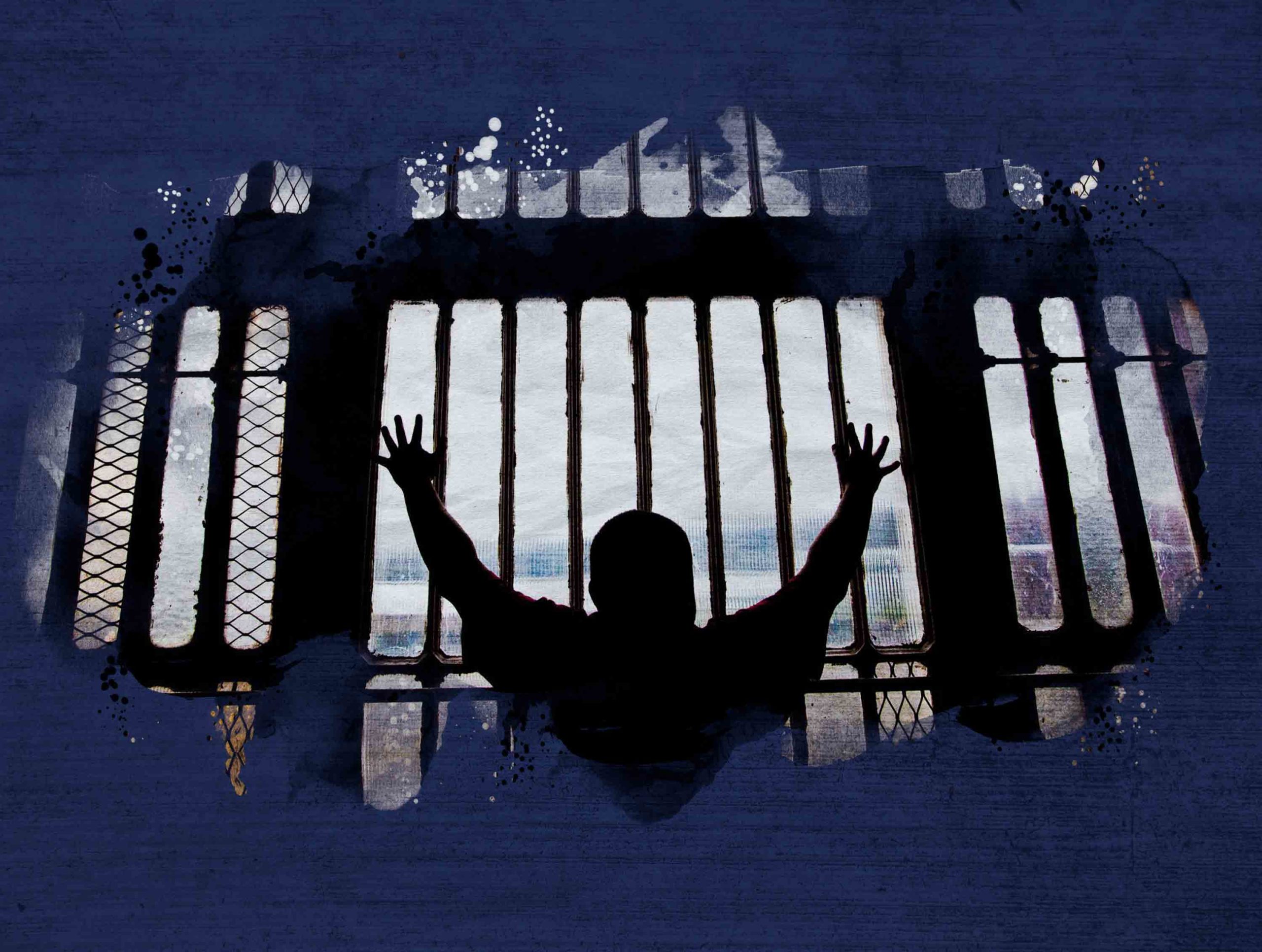The Syrian conflict has seen widespread, systematic, and egregious human rights violations against civilians, perpetuated primarily by the Assad regime and Islamist factions. For sustainable peace and transitional justice to be achieved in Syria, these perpetrators (and all those in the chain of command who actively or passively endorsed these abuses) must be held accountable for their crimes.
Documenting human rights violations toward the goal of accountability is not only important from a criminal justice perspective, but also for the healing and reintegration of victims. By documenting the abuses committed against them, victims can exercise a measure of control over the situation and find power and purpose in taking steps to bring their perpetrator(s) to justice.
TDA supports survivors of arbitrary detention by connecting them with United Nations accountability mechanisms; strengthening their ability to advocate for themselves and tell their stories; and increasing their understanding of transitional justice, gender-based violence, human rights law, and the (il)legality of wartime actions under international law. Survivors are also connected with referral systems that provide them with affordable medical, psychosocial, and legal support.
In addition, the Adra Prisoners’ Association was established under the program Advancing Justice and Accountability for Detainees and the Disappeared (AJAD). The AJAD program is co-implemented by TDA in partnership with the Institute for War and Peace Reporting.
TDA has documented the powerful stories of women survivors of arbitrary detention in the book “So I’m not kept in the shadows”: Oral memories of Syrian women survivors of detention.
